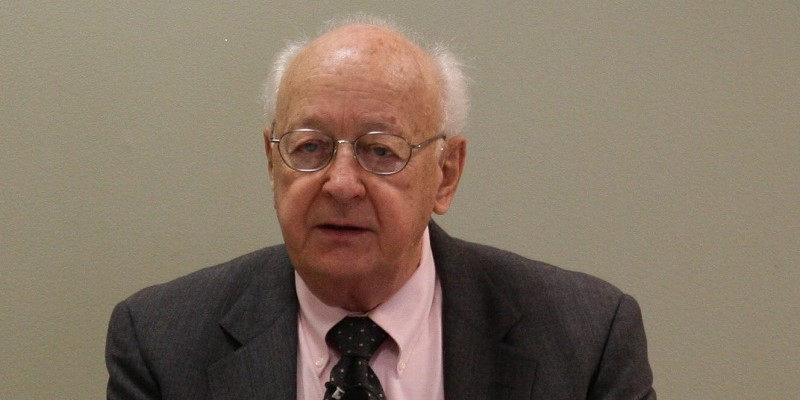The problem with the present system is that no one loses any money when tragedies strike.
competition
Due to federal law, foreign airlines cannot operate routes between Canadian cities.
Racism is also costly for the person doing the discriminating.
When the government creates artificial scarcity, food prices increase.
Governments in Canada have implemented many laws and regulations that discourage firms from entering a range of industries.
Canada has the second-highest levels of barrier to entry into the telecoms industry of all OECD countries.
Non-Canadian airlines are prohibited from carrying passengers between Canadian cities.
Market leaders such as Amazon, Netflix and Google will fall by the wayside if they are unable to keep innovating and satisfying consumers.
As a publicity stunt, the recent New Democratic Party proposal to limit withdrawal fees at some automated teller machines (ATMs) at fifty cents worked well. But getting publicity for an idea, including a poor one, is one thing; getting attention to useful reforms that will greatly benefit consumers is quite another. The ATM idea is a good example of the former and not the latter.









